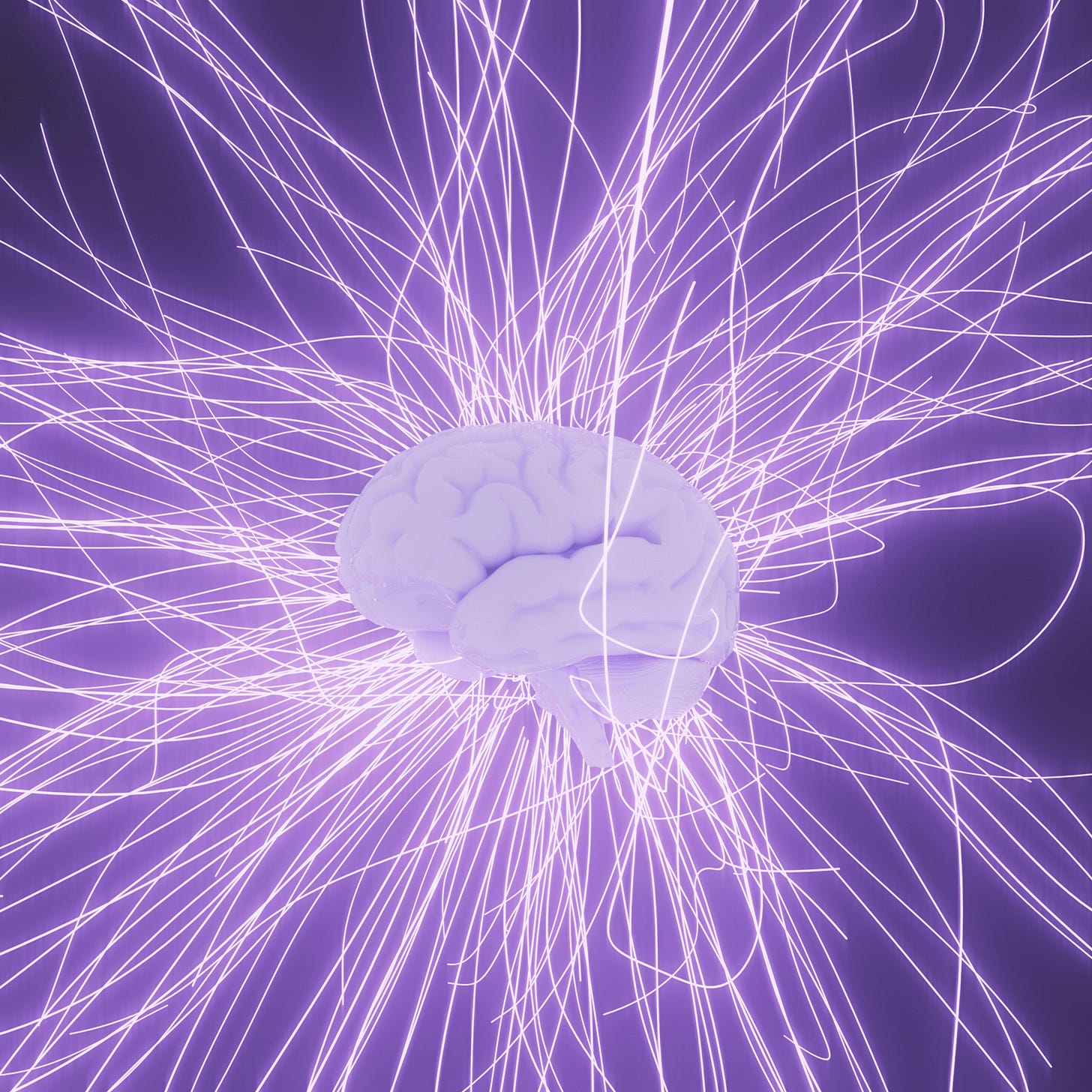Most of us know by now that exercise is almost a magic bullet for physical health in the young and old. It helps reduce inflammation and stress, and allows you to maintain a healthy weight, thus reducing the risks of cardiovascular disease, diabetes, and much more. But, say experts, it can also boost the brain, no small thing as we age.
“Exercise is one of the few things we have that acts across multiple pathways,” says Patrick Josey Smith, an associate professor of psychiatry at the University of North Carolina at Chapel Hill. “It’s not a panacea, but it's as close to one as you’re ever going to get.”
Smith points to BDNF - brain-derived neurotrophic factor - a protein that is secreted through exercise - that increases brain health and plasticity and protects brain function.
“People call it the Miracle Glo of the brain,” says Smith. “It stimulates nerve growth in the brain around the hippocampus (the brain’s memory and learning center), helps to encode memory and to grow new cells.”
BDNF may also help boost norepinephrine, a neurotransmitter that helps to regulate cognitive functions. Neurotransmitters are chemical messengers that carry signals between nerve cells.
“It helps with things like attention,” adds Smith. “In the longer term, regular exercise has a lot of other benefits which are related to cardiovascular health. It’s said that anything good for the heart is good for the brain. Exercise protects small arteries that go into the brain so more oxygen is delivered and facilitates the growth of new arteries.”
Other neurotransmitters released through exercise like epinephrine, dopamine and serotonin, also positively impact the brain, experts say.
“Dopamine is involved in movement, learning, memory, and the feeling of reward,” says Jennifer J. Heisz, associate professor in the Department of Kinesiology at McMaster University in Ontario, Canada, and author of Move The Body, Heal The Mind. Epinephrine, she says, enhances blood flow to muscles, heart, and lungs during stress, preparing the body for action. And serotonin improves mood and enhances cognitive function. “Increased serotonin can help reduce symptoms of depression and anxiety,” she says.
Does exercise help in reducing the incidence of Alzheimer’s and dementia?
The Centers for Disease Control and Prevention says regular physical activity can reduce the risk of cognitive decline, including dementia. One study found that cognitive decline is almost twice as common among adults who are inactive as compared to those who are active.
Brain size shrinks as we age. (That means brain cells die and connections between our brain cells and brain volume often decrease.) When we are six, our brain size increases to about 90% of its volume in adulthood. When we are in our 40s, the brain starts to shrink about 5% a decade and the rate of shrinkage increases when you hit 60. One of the ways to combat this is exercise. Being physically active at any time in adulthood, and to any extent, is linked with a higher, later-life cognitive state, but maintaining physical activity over your entire lifetime proved most beneficial, one study reported.
“Exercise benefits the brains of older adults by maintaining or increasing brain volume, particularly in the hippocampus,” says Heisz, “It improves brain blood flow and promotes the formation of new capillaries reducing the pressure on existing blood vessels, memory, executive function, and overall cognitive performance, slows the progression of age-related cognitive decline, and reduces the risk of neurodegenerative diseases. Even moderate, regular physical activity has substantial positive effects on cognitive function and brain structure.”
Kyoung Shin Park, a research scientist at the Physical Activity and Cognition Lab at the University of North Carolina at Greensboro, is collaborating with the lab’s leader, Jennifer Etnier, kinesiology department chair at UNCG, on a follow-up study, PAAD-2, on physical activity and Alzheimer's disease. The study is federally funded and explores the protective benefit of exercise for people aged 40 to 65 with a family history of Alzheimer’s Disease or dementia but no symptoms, who were exercising less than 90 minutes a week.
“It has been proven by multiple studies that exercise protects against cognitive decline but our rationale for this study is to see whether lifestyle can delay the onset of Alzheimer’s which is critical,” Park says. “We are investigating the biological mechanisms that underlie how exercise improves cognitive functioning. People who exercise regularly have more brain cells than others and better brain structure and fewer inflammatory biomarkers in their blood. You can grow your brain if you exercise.”
What level of exercise is the one to strive for?
“We tell people the best exercise you can do is the one you’re actually going to do,” says Smith, who adds that the biggest challenge for most people is consistency. “Stick with what you can keep up with. Small changes that you maintain and build on help. Exercise is different for everyone.”

For optimal cognitive benefits, 140 minutes of moderate exercise or 75 minutes of vigorous exercise per week are recommended. Heisz suggests doing different types of exercise including aerobic activity, resistance training, balance-enhancing exercises like Tai Chi, and dancing, which combines physical activities with cognitive challenges. She also recommends exercising in group settings to enhance motivation and combat loneliness.


I’m not sure if you read my piece on memory and dementia recently but the head of a huge healthcare system here said not to worry about things like that. As we age it takes more time to absorb information and multi-tasking makes things worse. Not remembering why you came into a room is not serious. I have sent you the link to that article, and keep on going!
Thank you. I understand the article explains the link between aging well and exercise, but the biological explanation for mood enhancement following exercis is interesting, too.